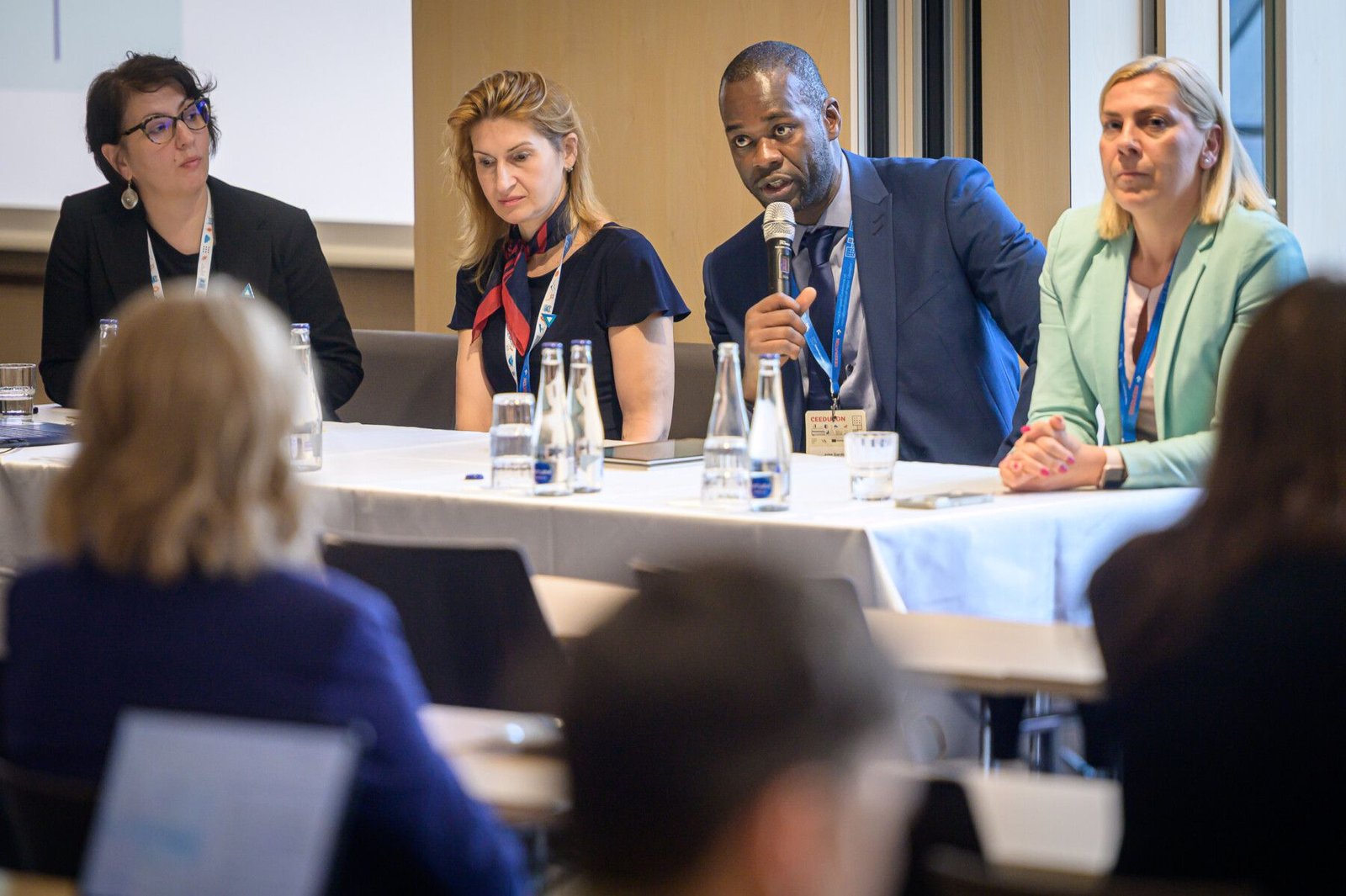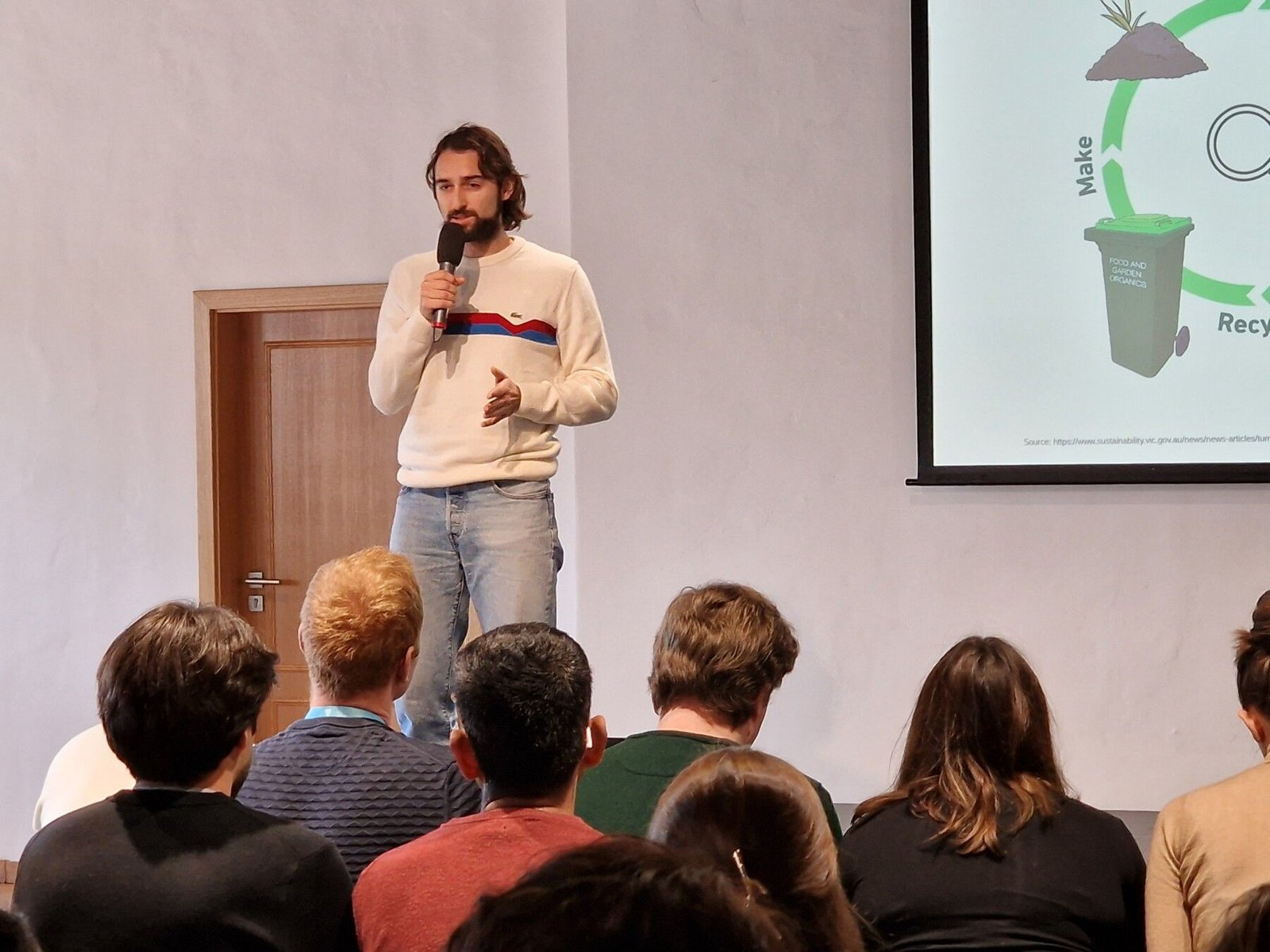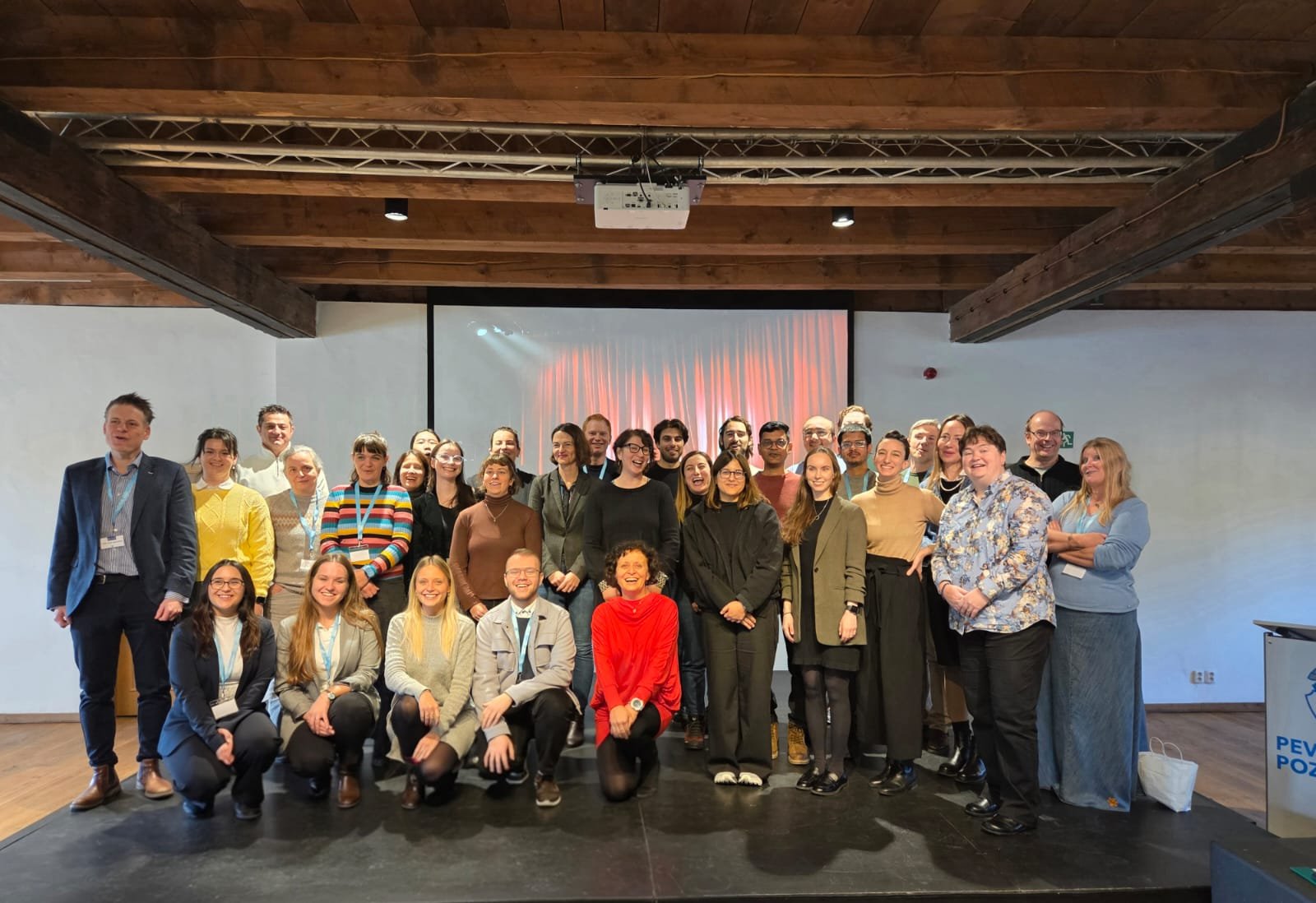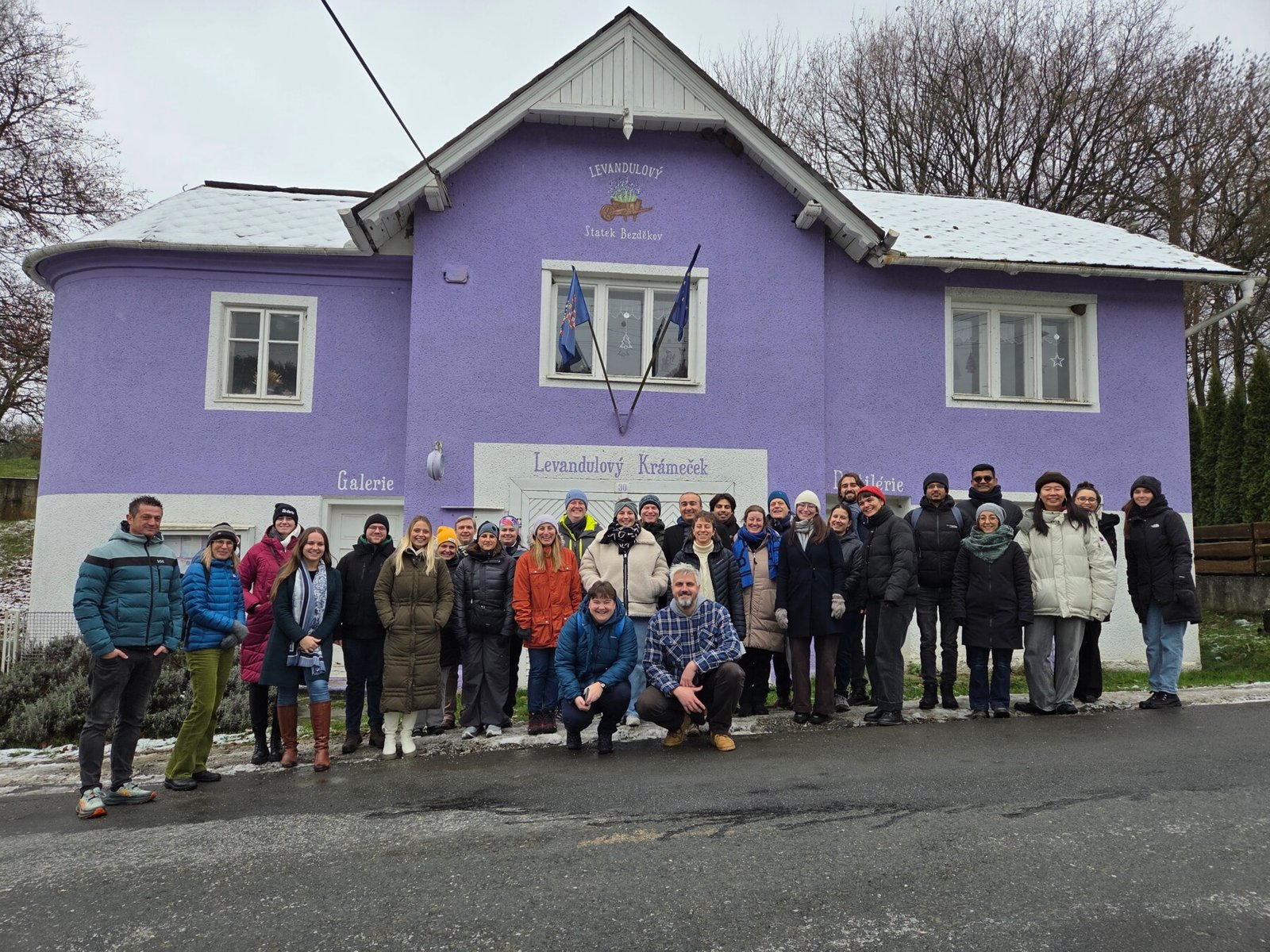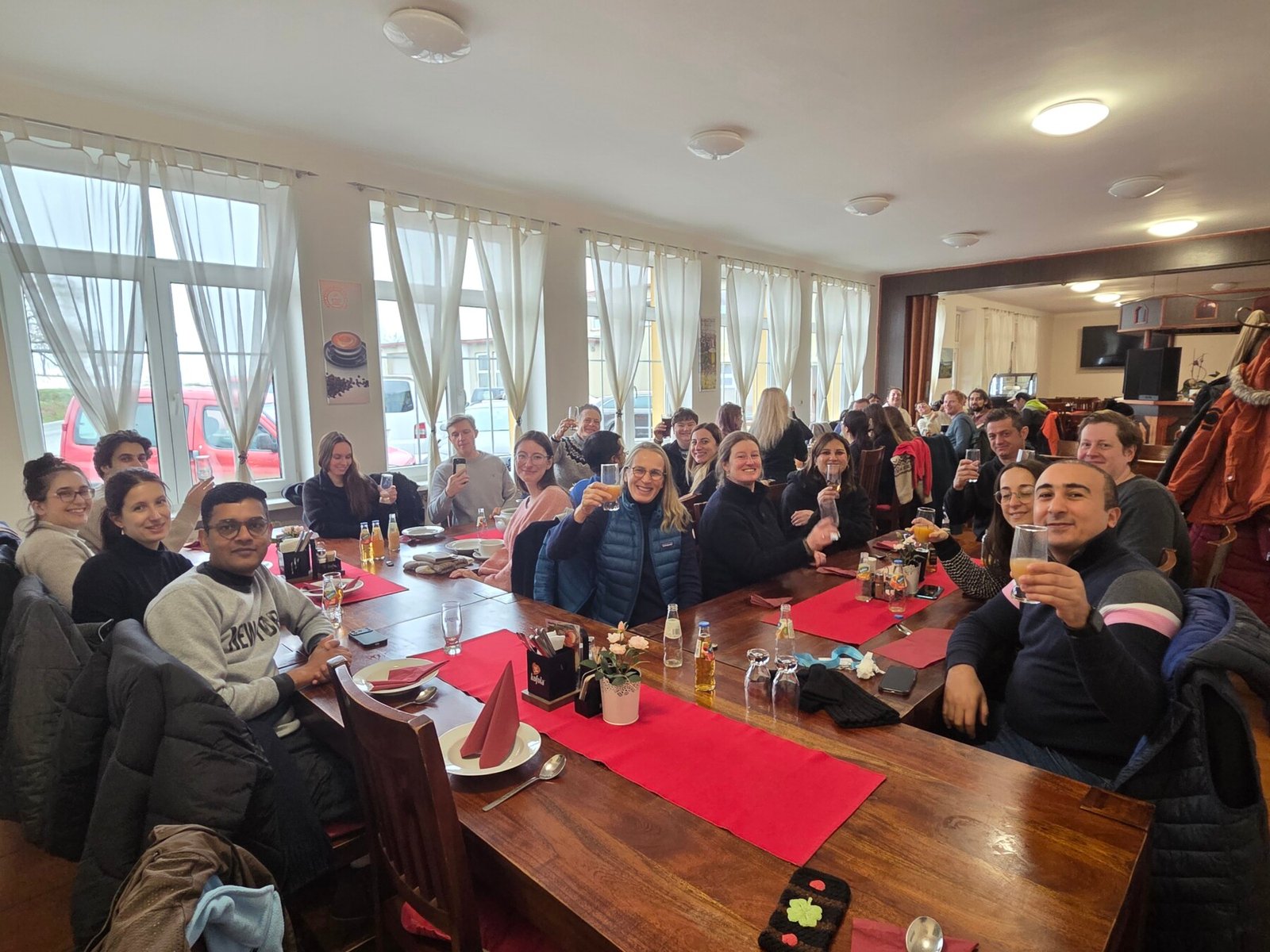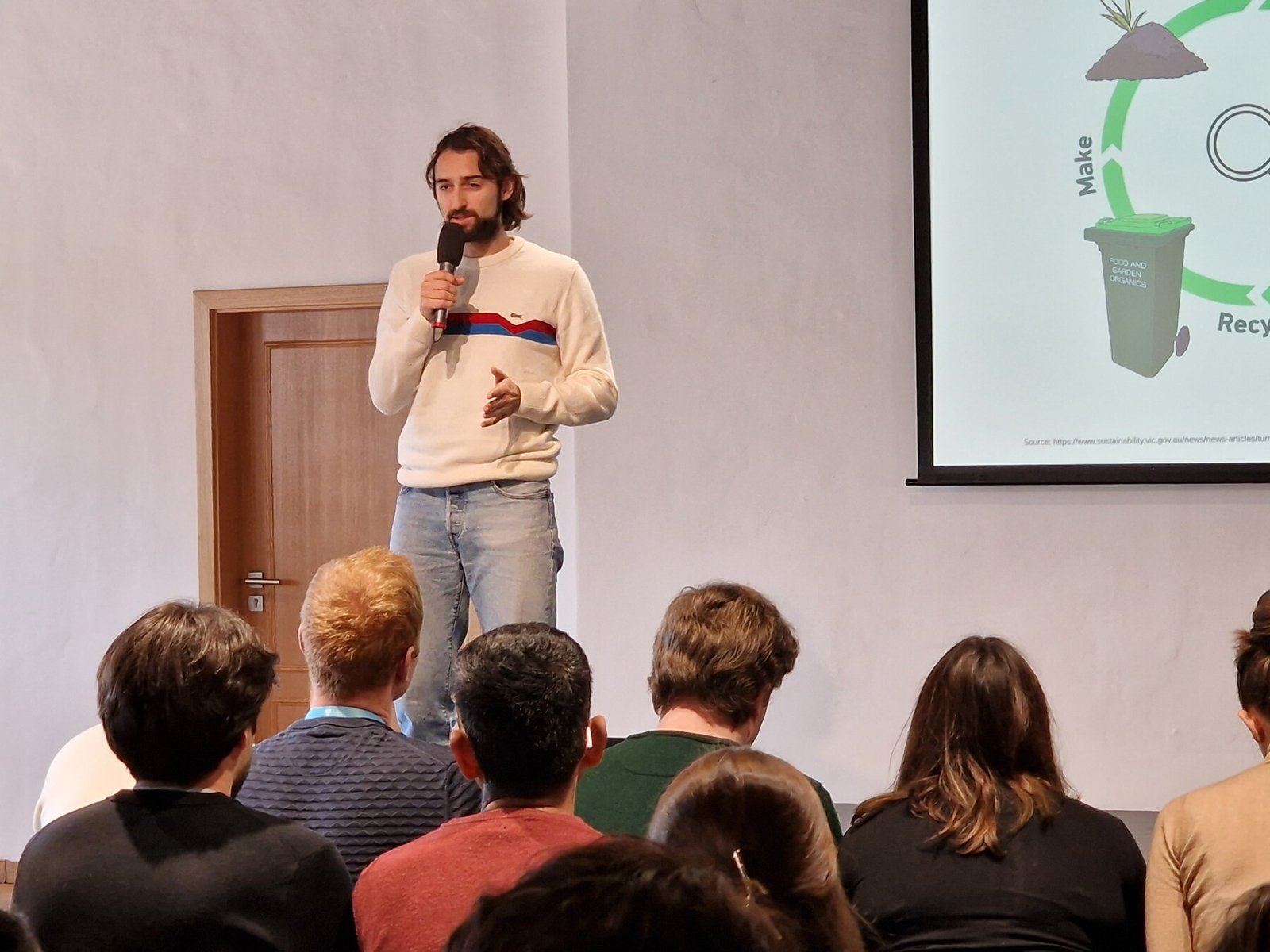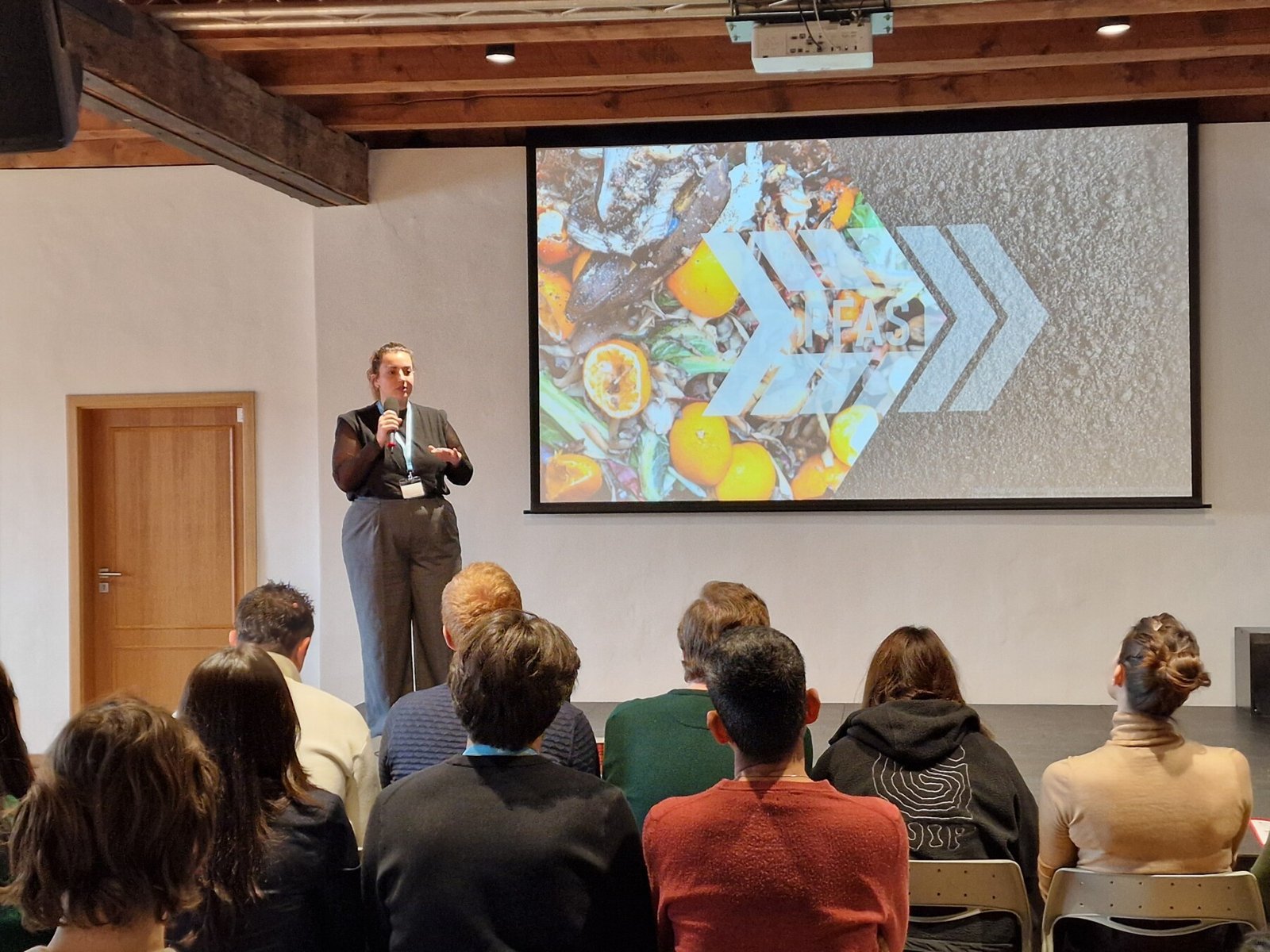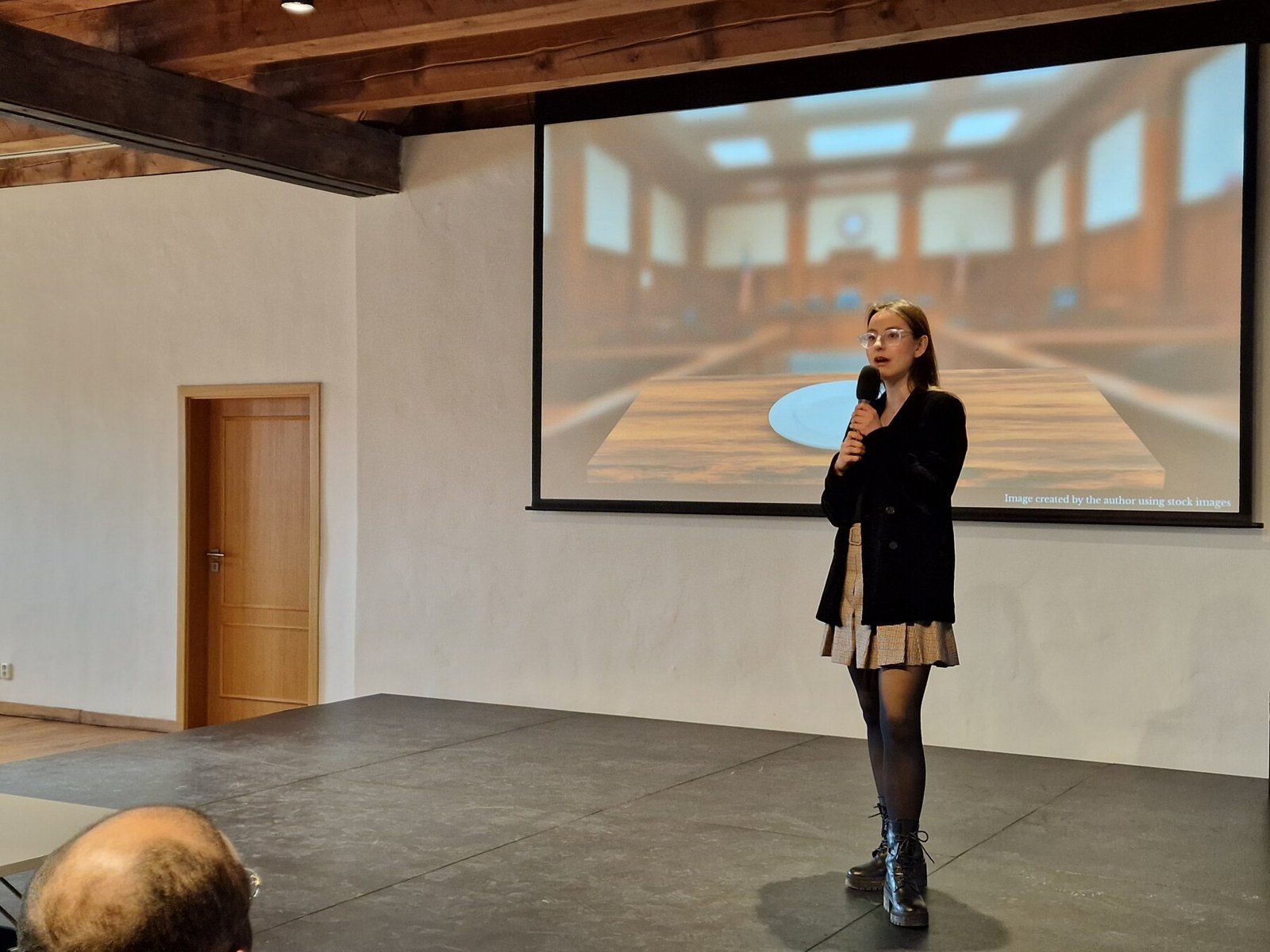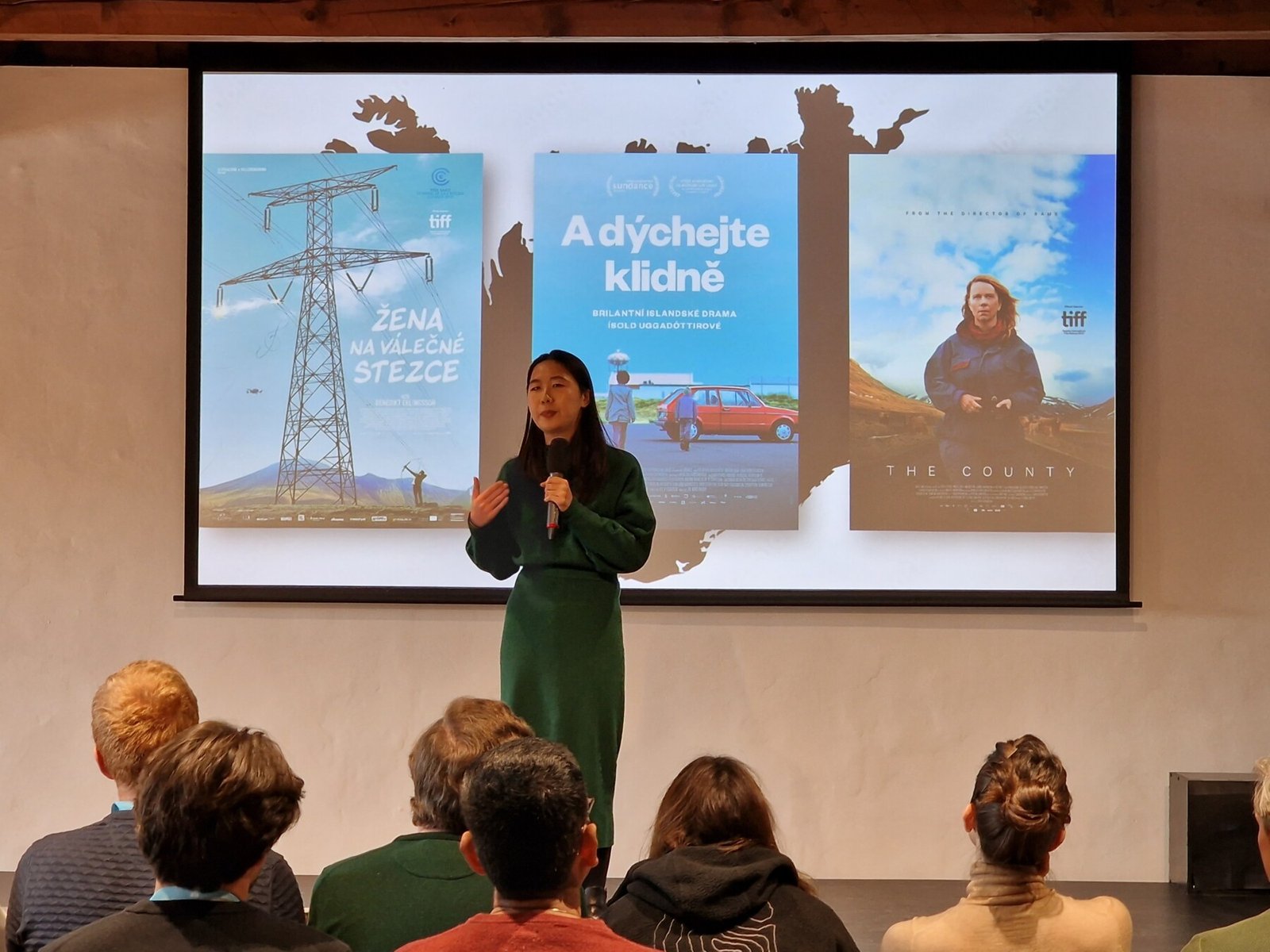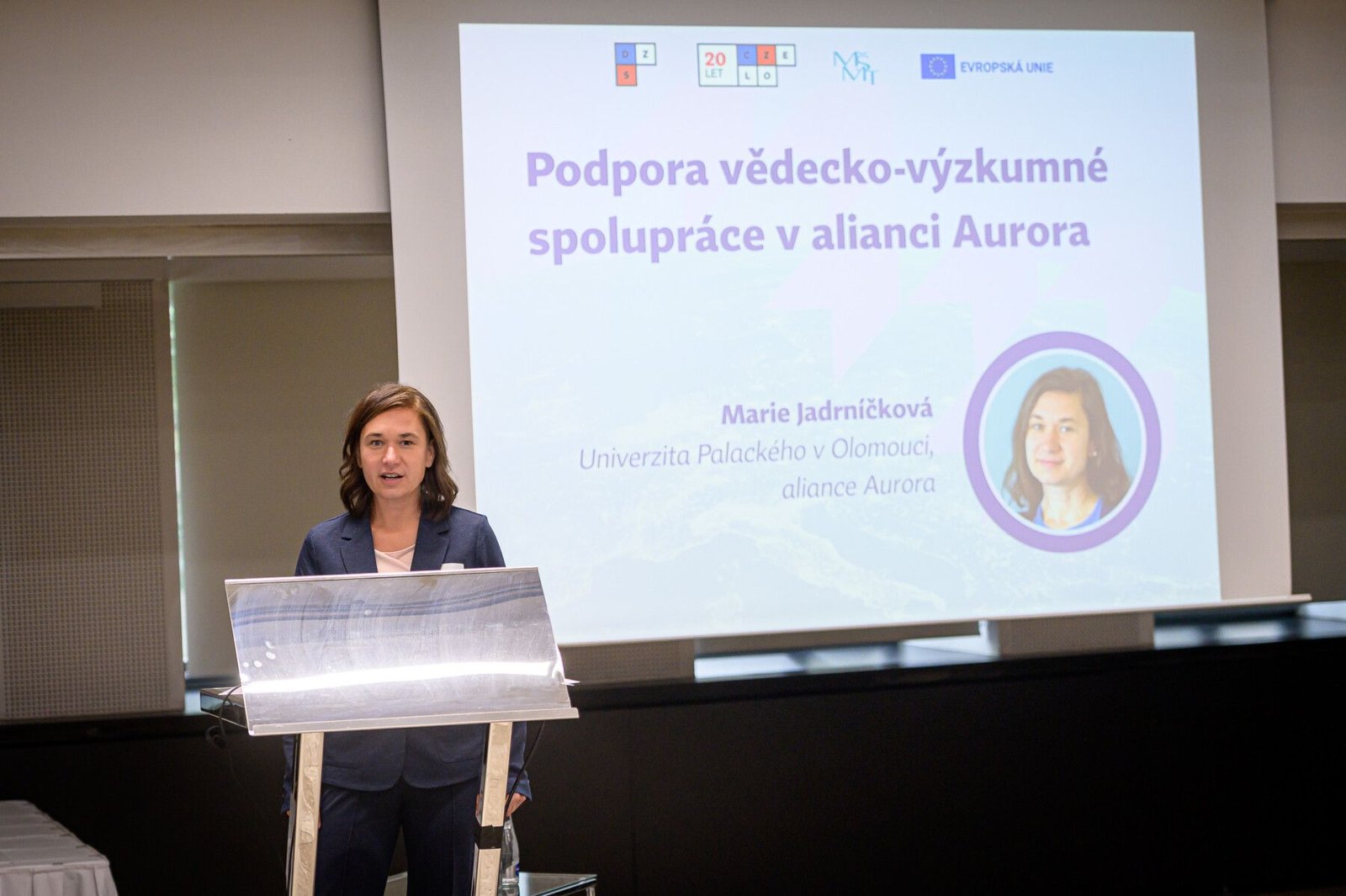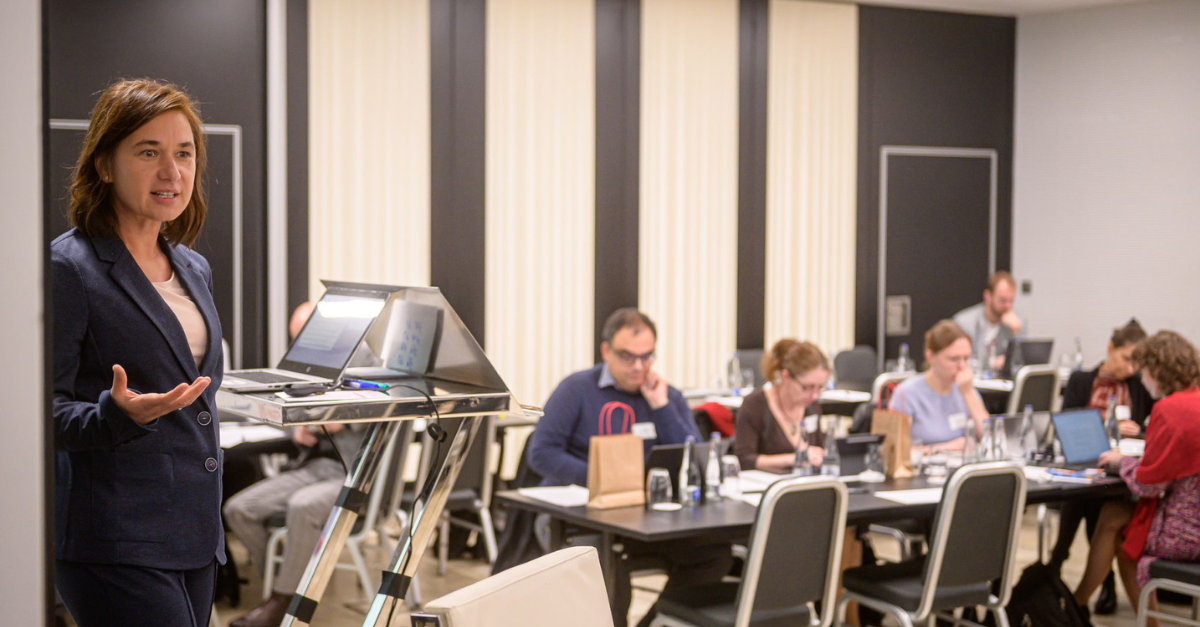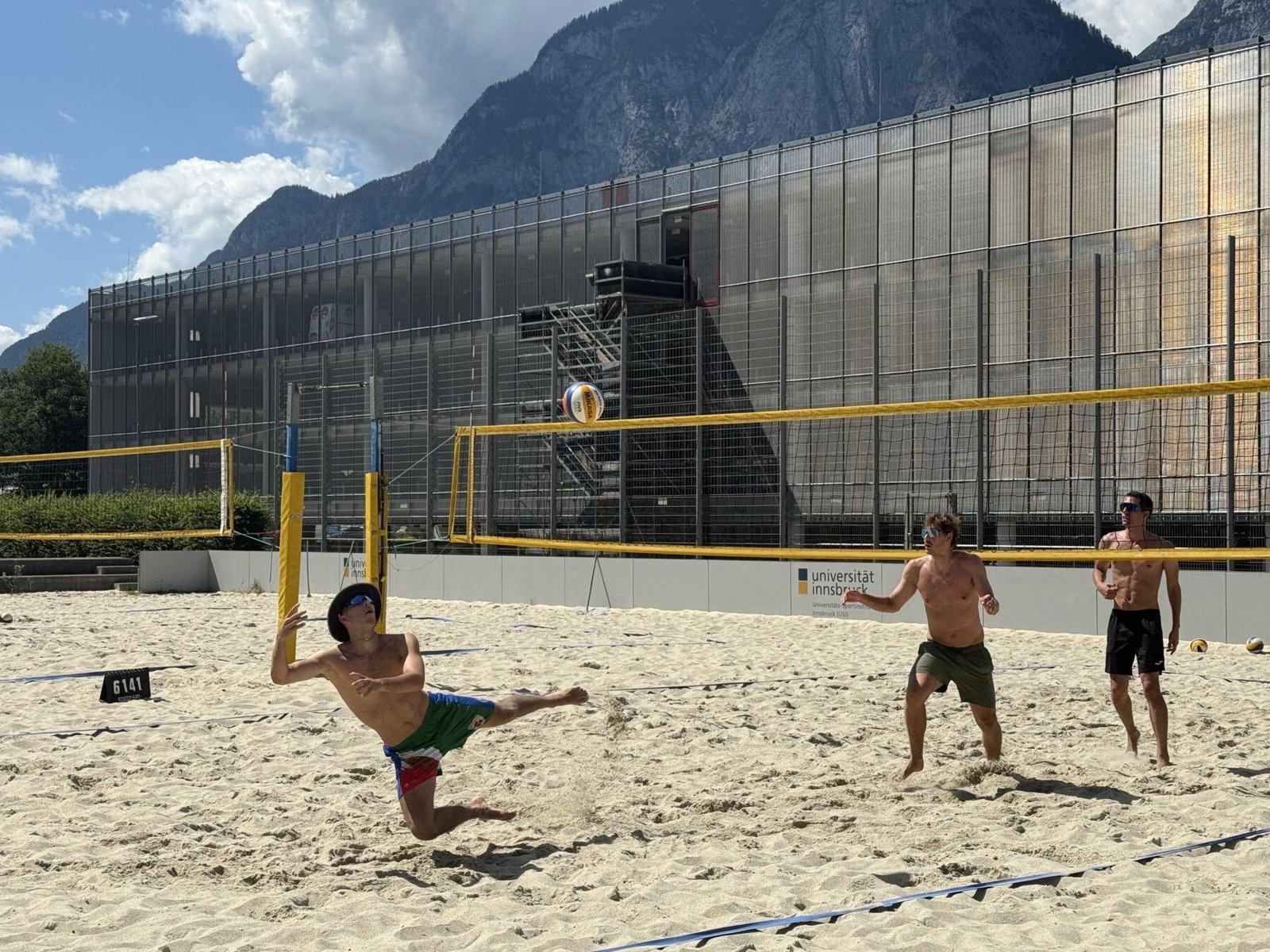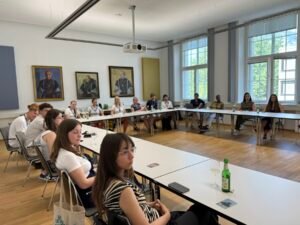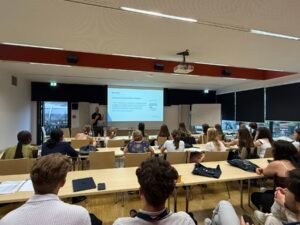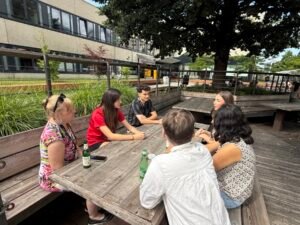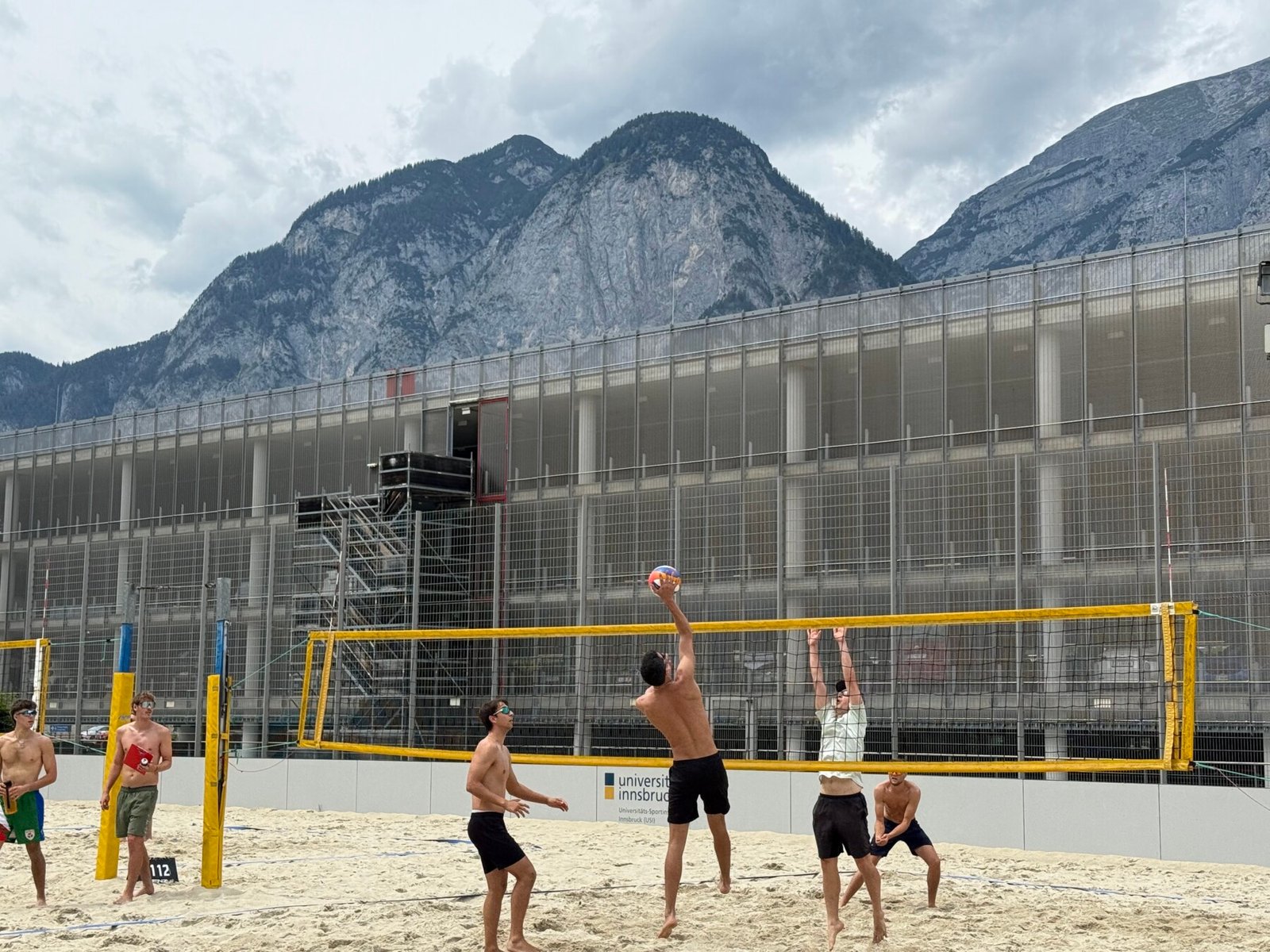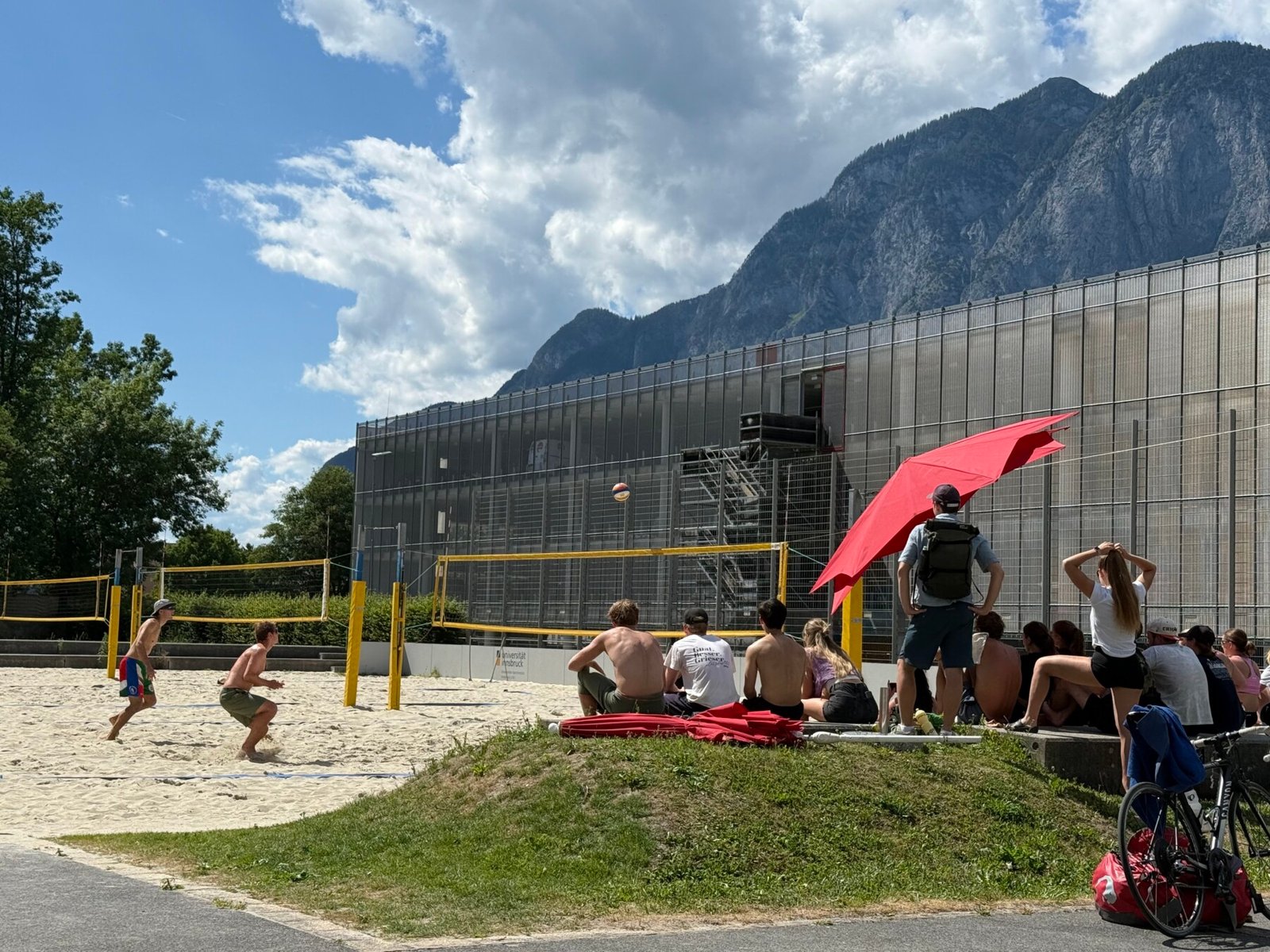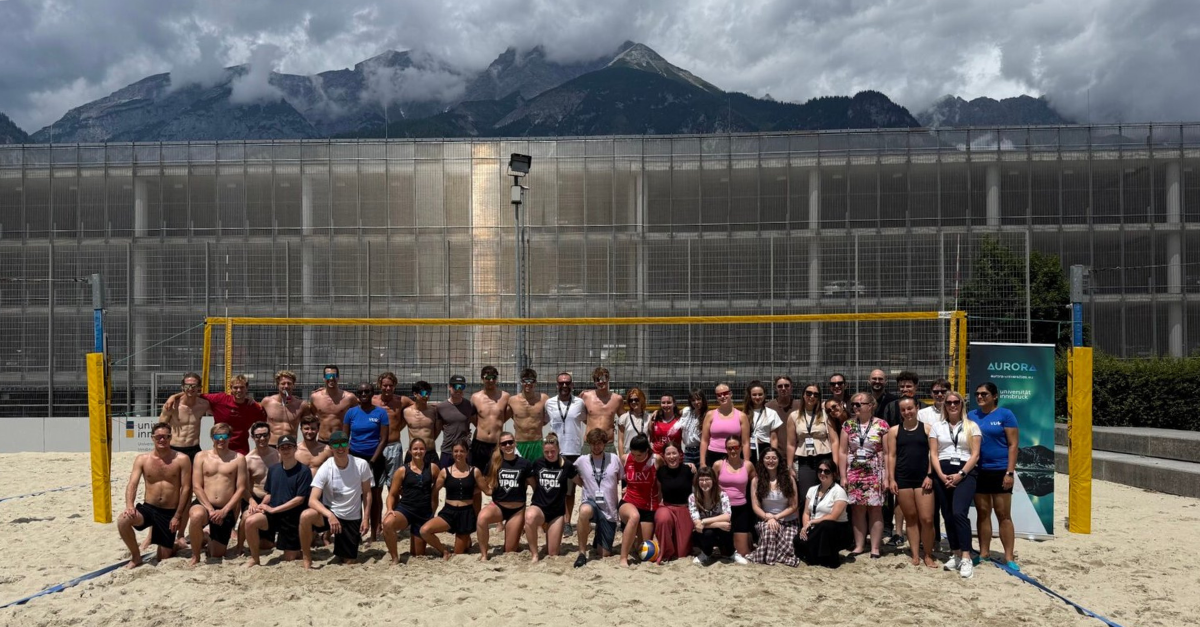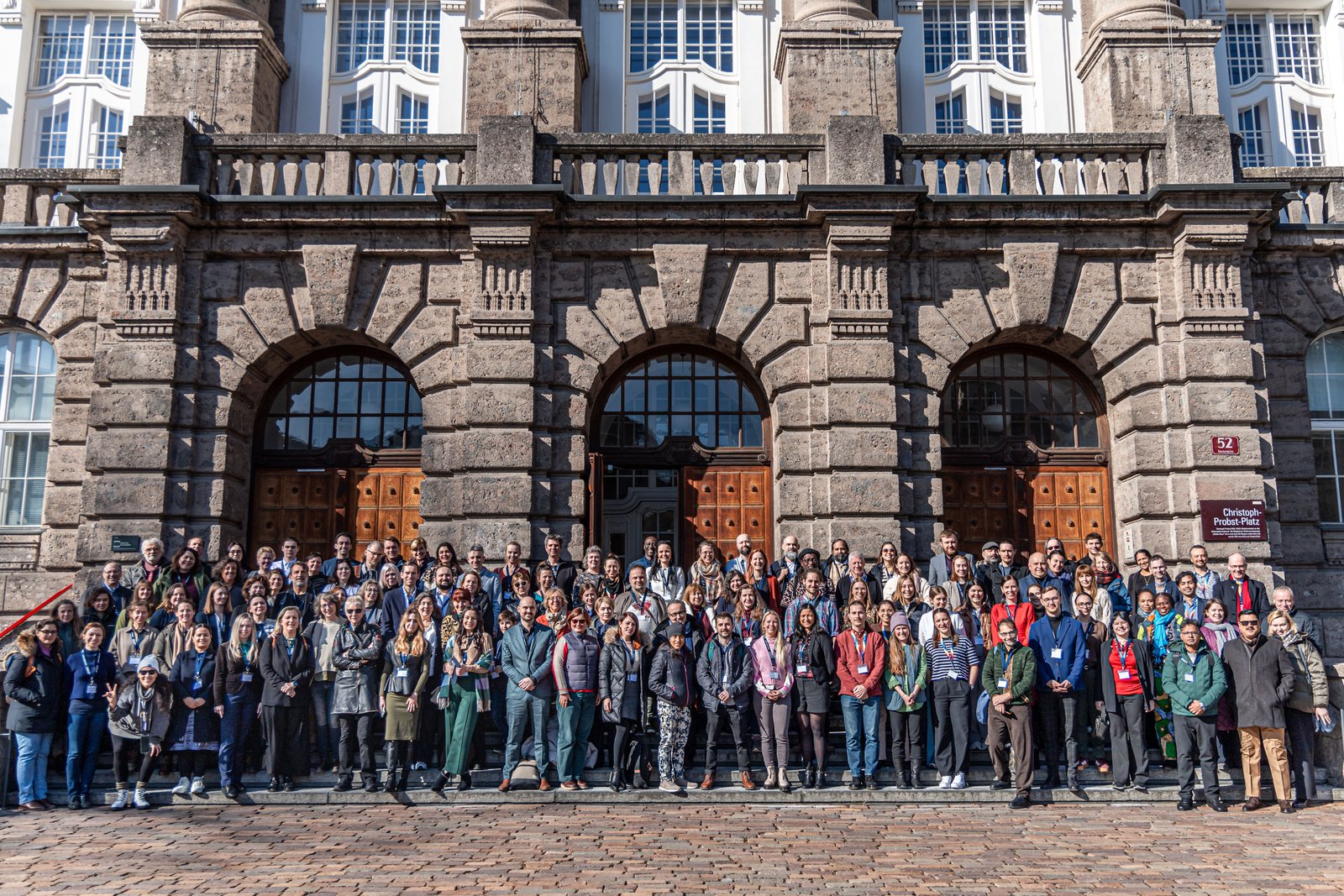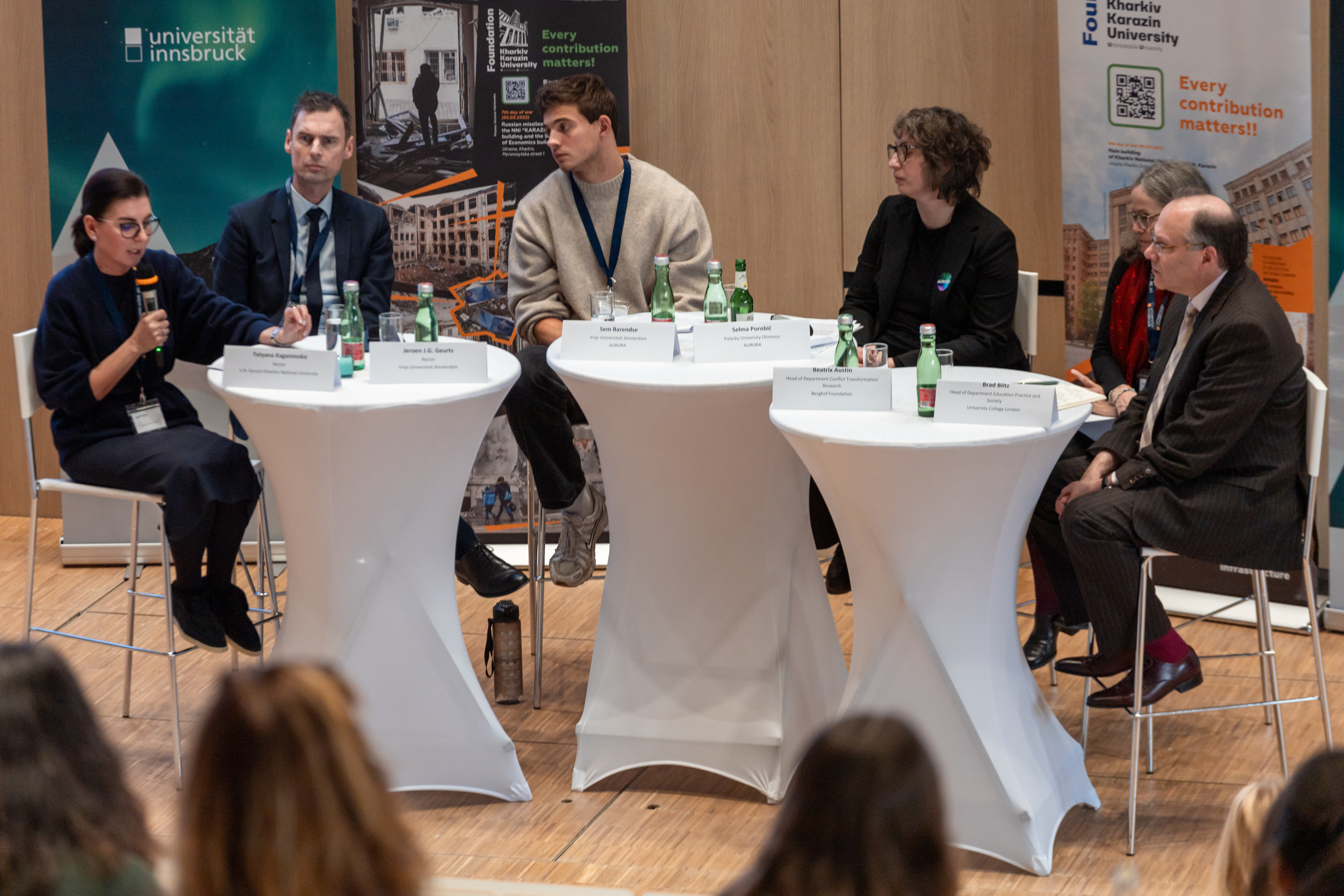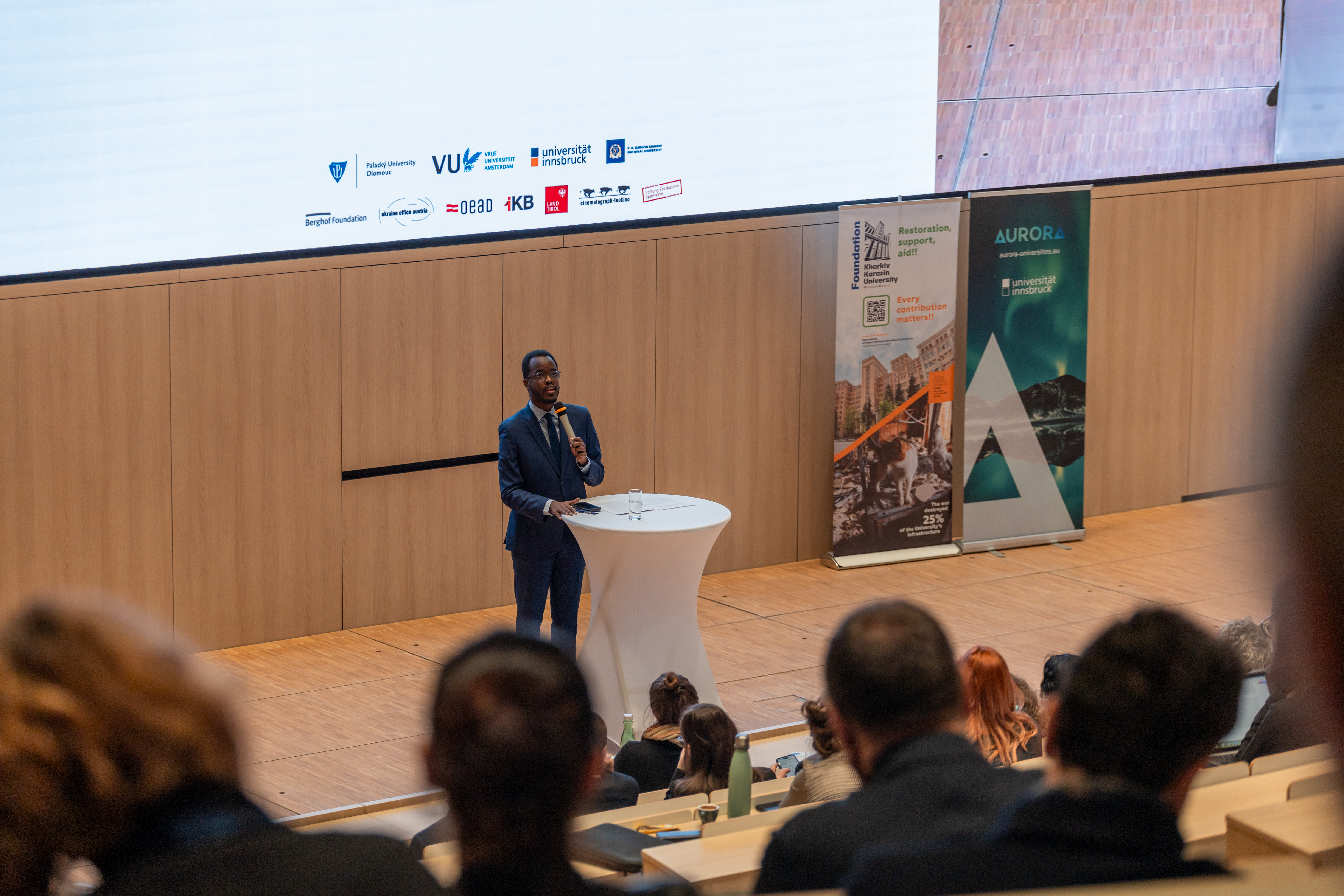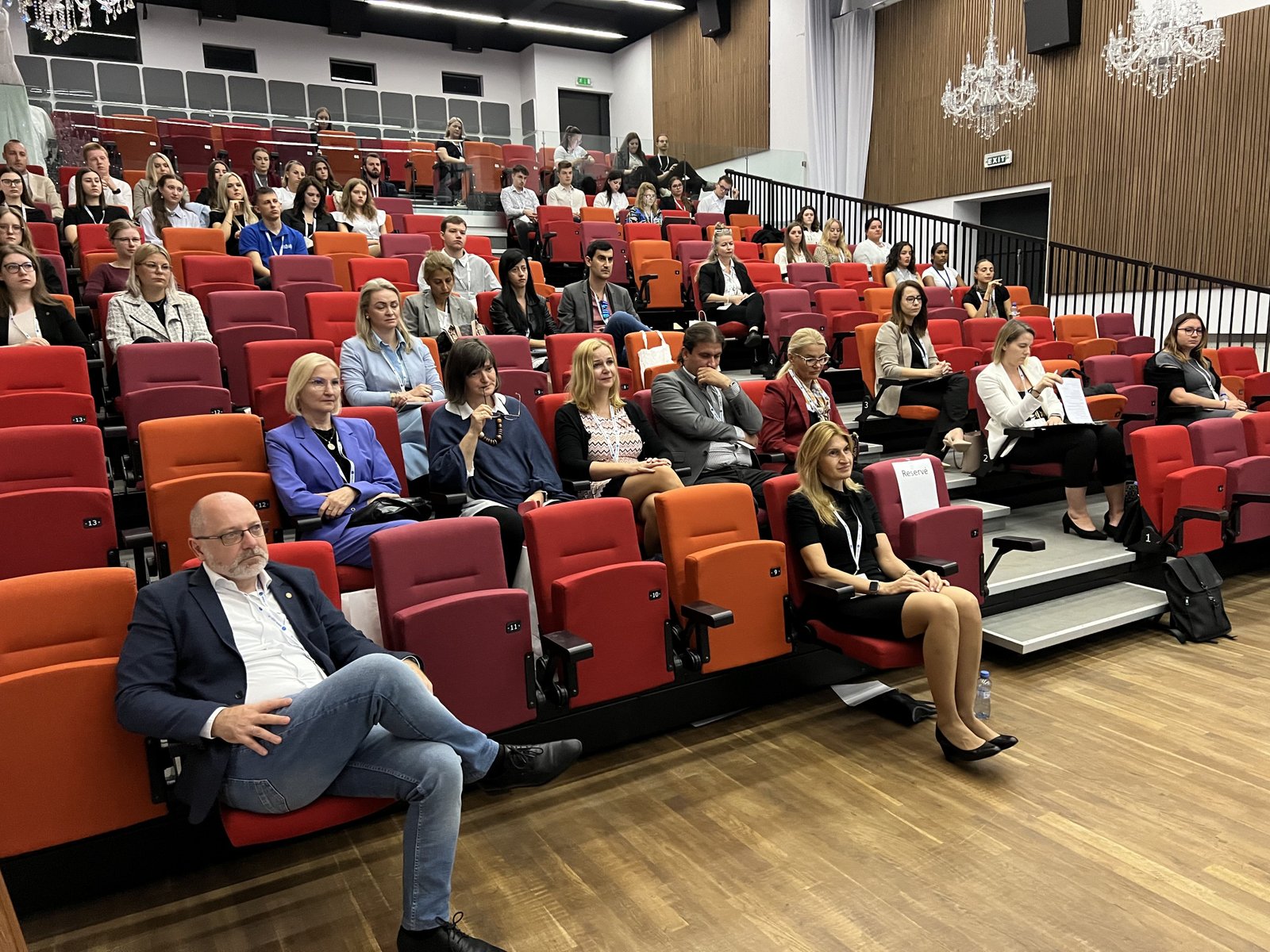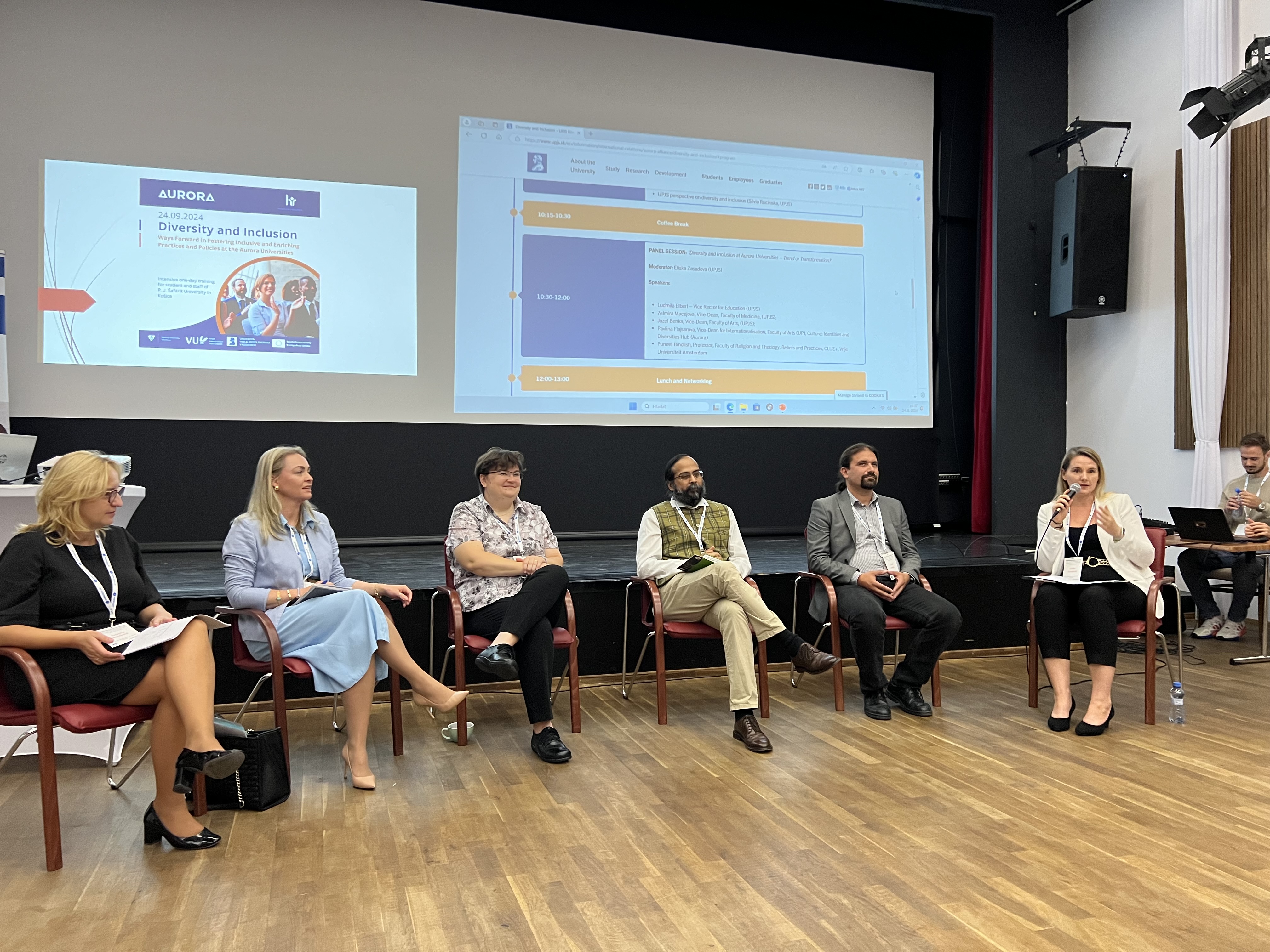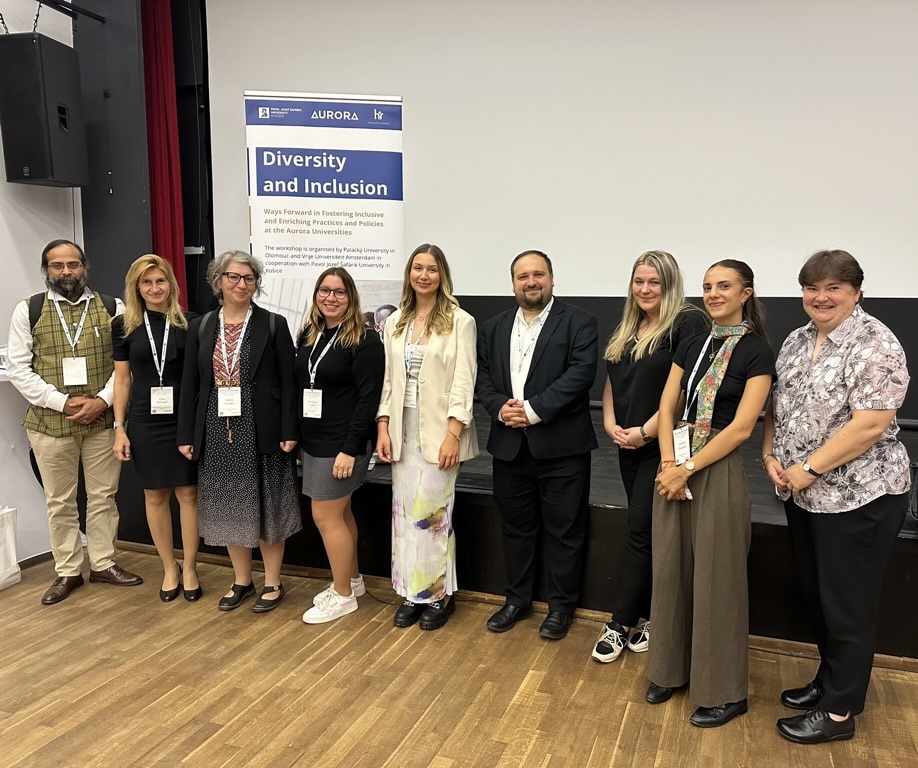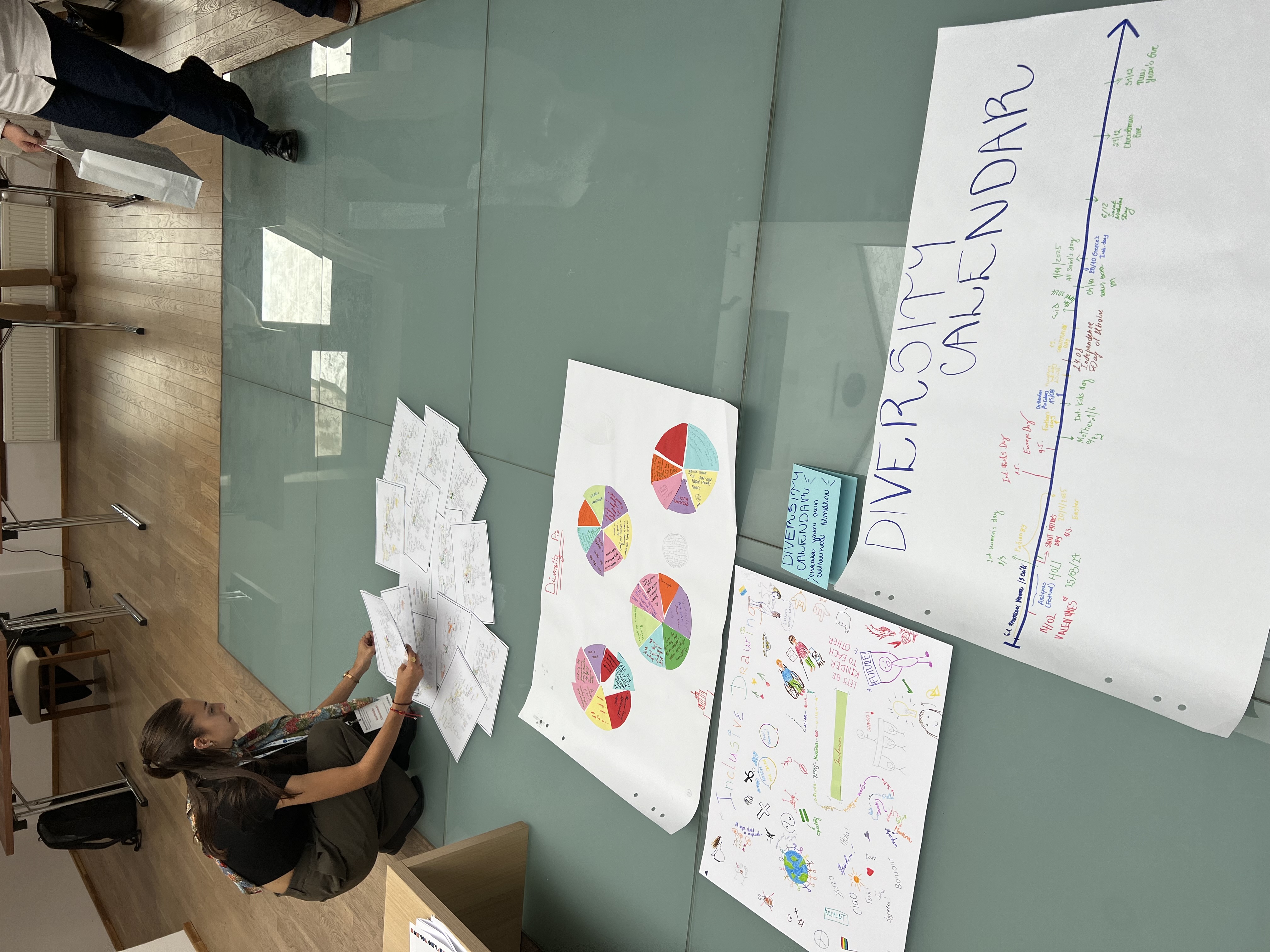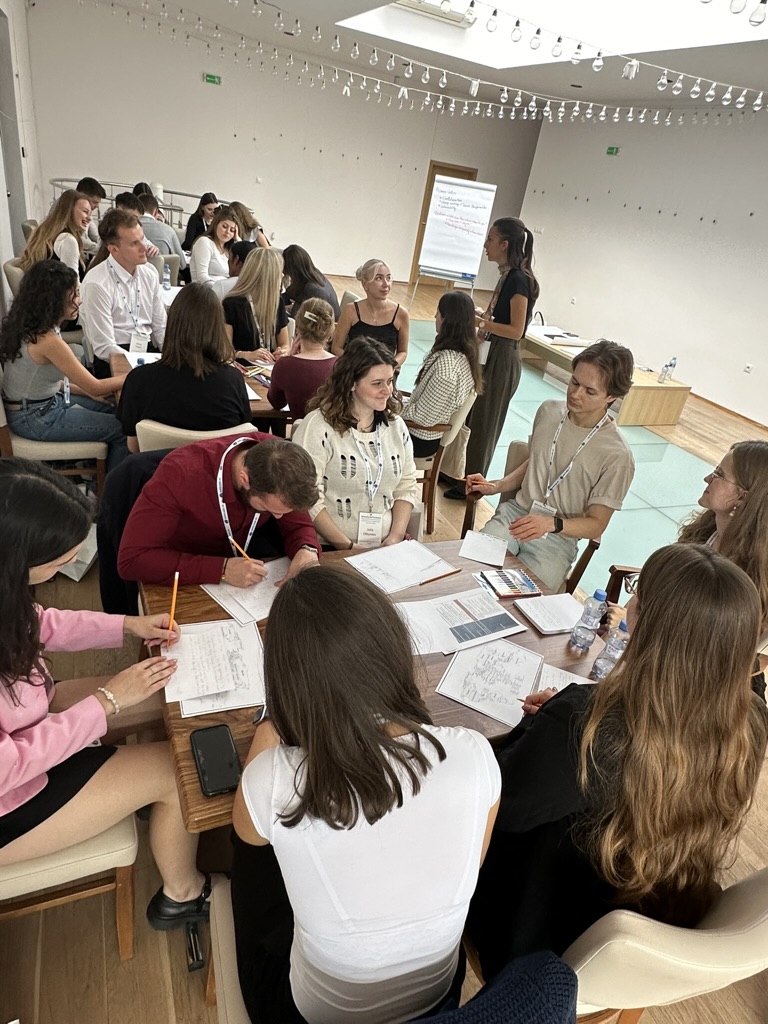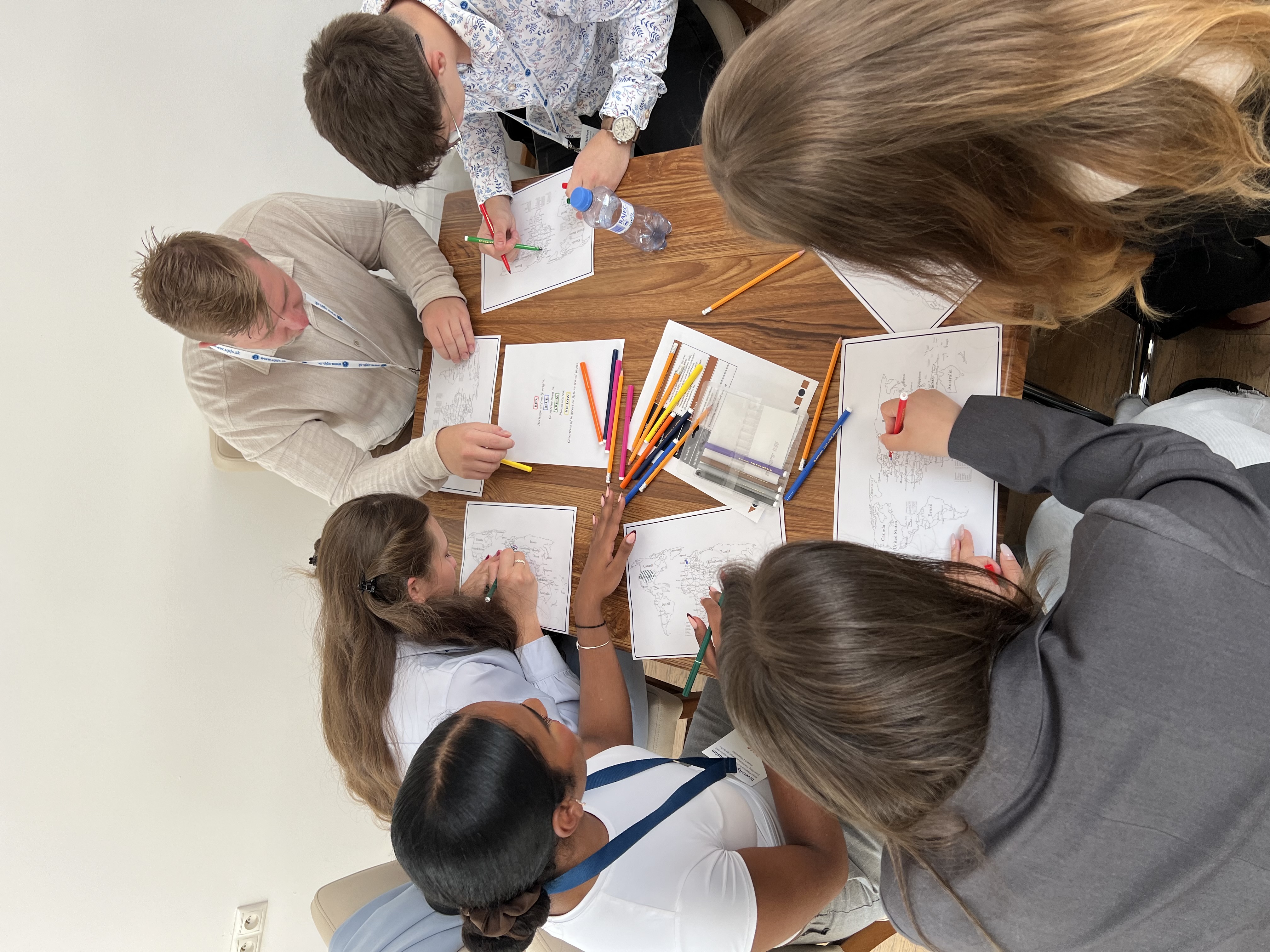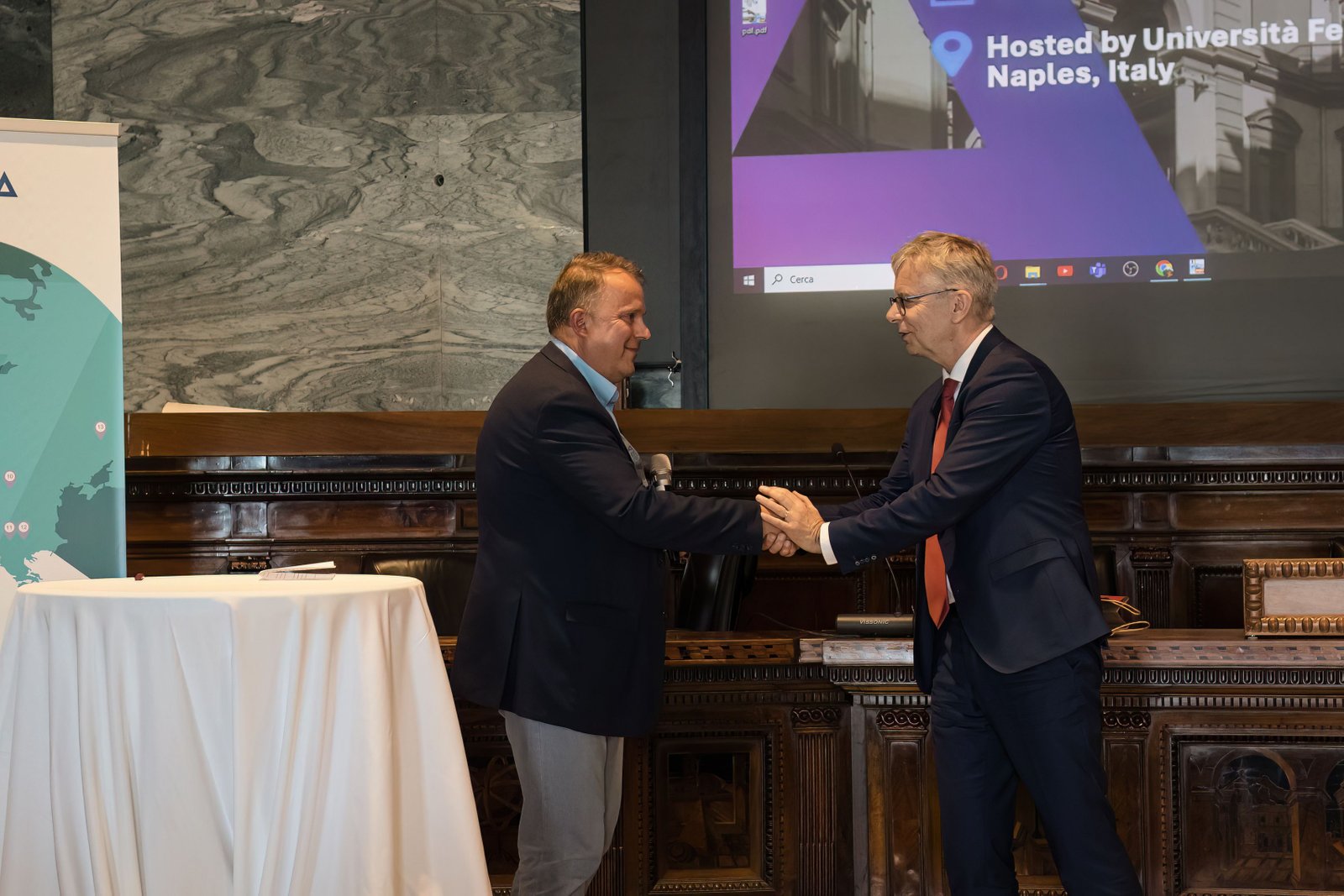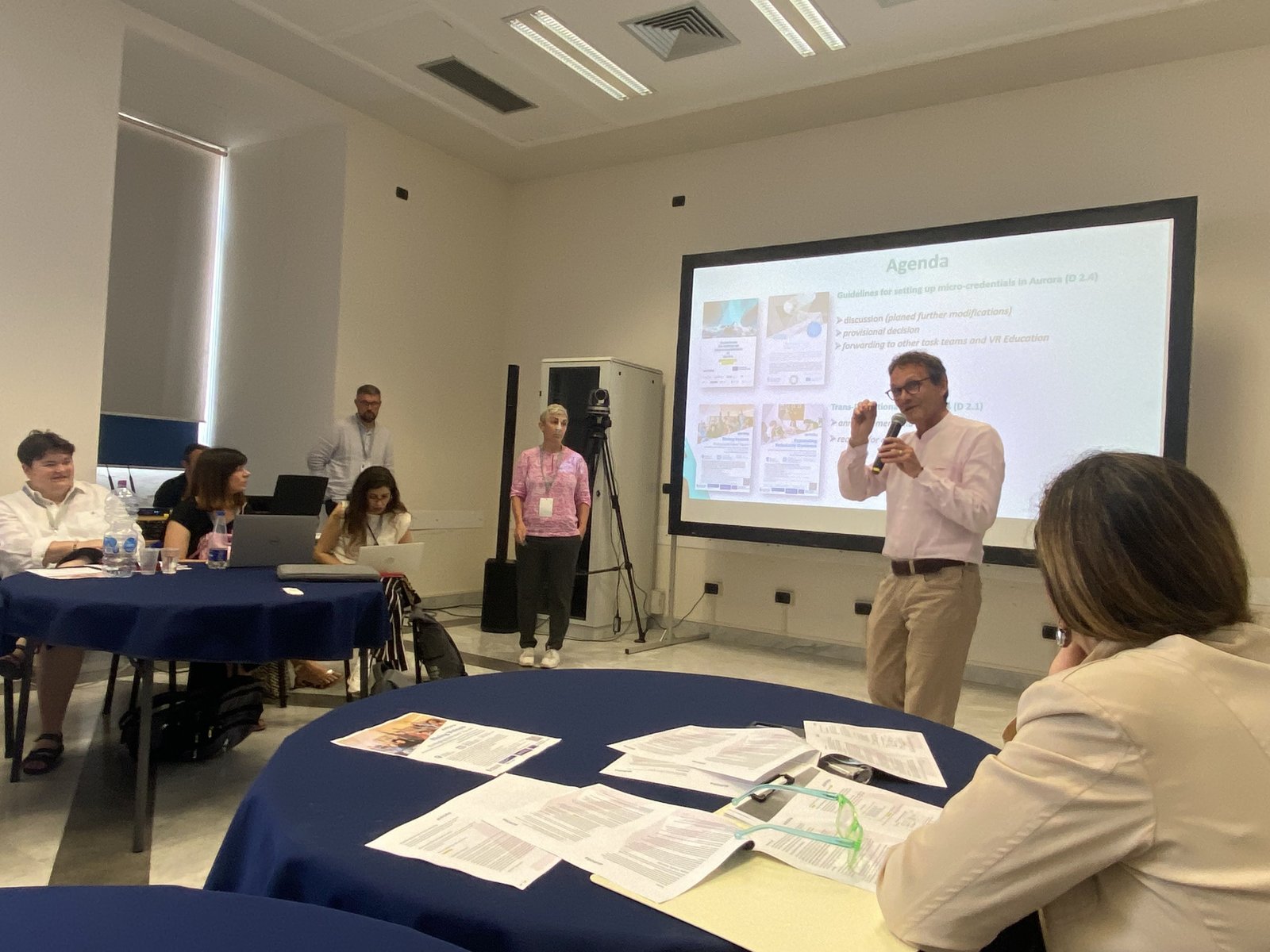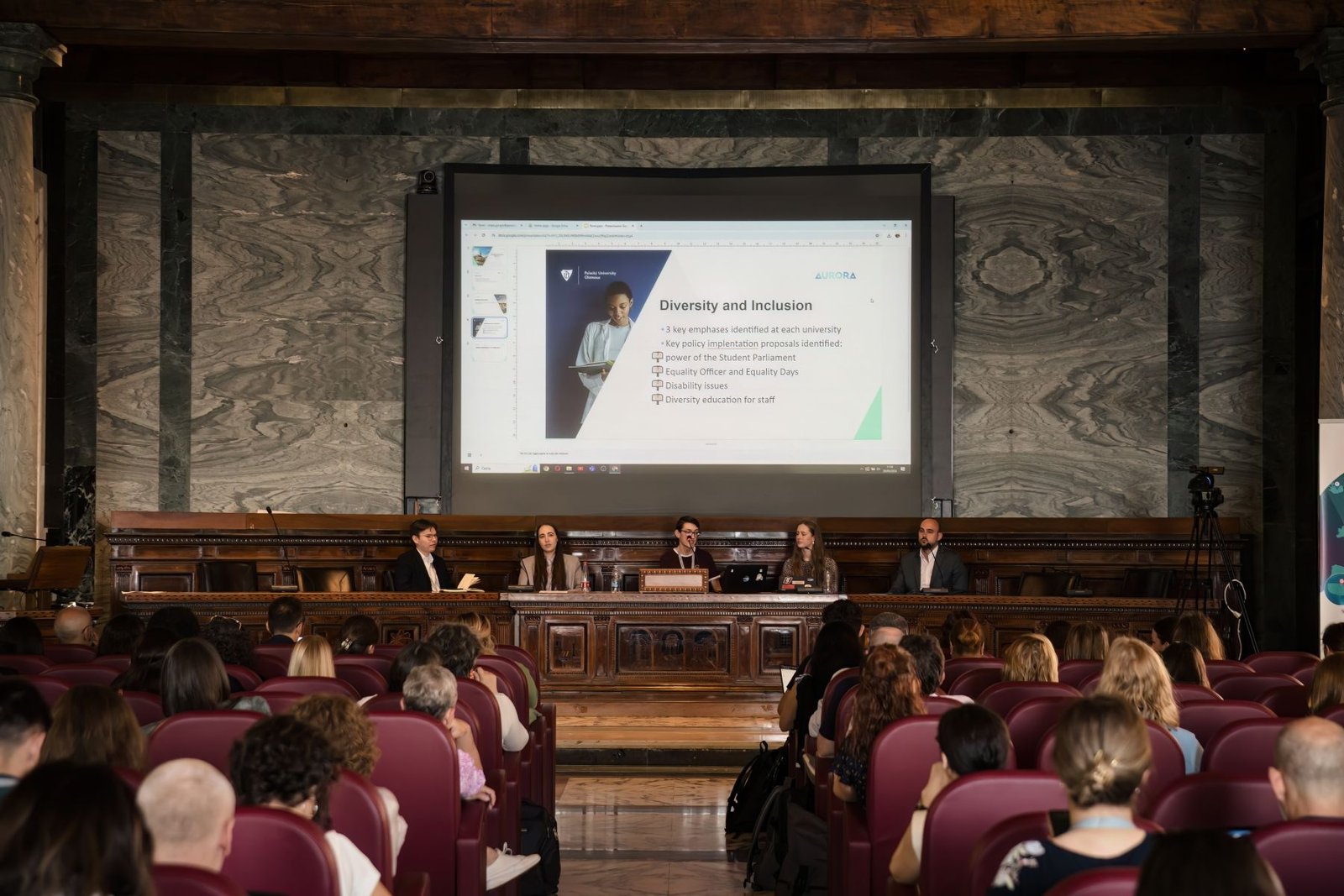Aurora Student Ambassador Ari Ljunggren, a student at Copenhagen Business School and a participant in the Aurora Student Conference held at Palacký University Olomouc, shares his experience with the BEVI (Beliefs, Events, and Values Inventory) test, a key part of the conference aimed at fostering deeper self-awareness and intercultural understanding among students. Through his lens, we gain insight into the value of the BEVI as both a tool for individual reflection and a catalyst for meaningful dialogue within the Aurora student community.
One of the most memorable highlights from our recent Aurora Student Conference at Palacký University Olomouc was taking the BEVI test. Introduced to us by professor John Style from Universitat Rovira i Virgili (URV), the BEVI is a 185-question assessment designed to get at the core of who we are: our values, our sense of identity, and how life experiences shape our worldview. After completing the test, each participant receives a personal report offering insights into how they think and feel, a unique opportunity for self-reflection that we don’t often get in everyday life.
What Exactly Is the BEVI?
The BEVI is rooted in the idea that our upbringing, cultural background, and personal experiences profoundly influence how we view the world. It presents a wide range of statements, on everything from daily habits to broader societal issues, and asks you to agree or disagree, with no middle option. That alone can feel a bit uncomfortable, but it forces you to confront what you really believe, rather than what you might wish you believed. By capturing your responses on topics like environmentalism, relationships, core needs, and global engagement, the BEVI paints a picture of your inner self. In a diverse group like ours, this offered a rare glimpse into how similar (or different) our core values truly are.
Reflections from Aurora students during the BEVI workshop at the Aurora Student Conference in Olomouc
Taking the Test and Getting the Results
On the first day, we spent about 40 minutes quietly clicking through the questions on our devices. Some were straightforward, about personal responsibility or self-perception, while others touched on more sensitive areas like religion, gender roles, or how we handle ambiguity and change. We then carried on with our day, curious to hear about the group outcomes, which we learnt about the following afternoon. Equipped with the data, Professor Style led the discussion on the group findings.
Many participants reported moderate levels of negative life events, combined with relatively high scores on fulfilling core emotional needs. This suggests that even those who had faced adversity typically felt well-supported overall. When it came to identity diffusion, the results were spread evenly across the group. Some students felt a strong sense of self, while others expressed more uncertainty or a flexible approach to their identity.
A common trend also emerged in the area of openness versus certitude. As a group, we scored high on sociocultural openness and ecological resonance, but lower on self-certitude and absolutist beliefs. This indicated a general tendency toward exploration and adaptation, rather than holding rigid personal convictions.
In terms of gender and religious traditionalism, the results varied widely. Some participants expressed very non-traditional beliefs, while others embraced more traditional frameworks. This diversity of perspectives led to some of the most eye-opening discussions we had during the conference.
Lastly, a substantial number of participants scored very high on the “meaning quest” dimension. It became clear that many of us are driven by a desire to ask “Why?” – whether about big-picture issues or everyday experiences—reflecting an intrinsic motivation among Aurora students to seek deeper understanding.
Aurora students taking the BEVI test
Reflections from the Group
Hearing one another’s thoughts on the BEVI results added another layer of depth to the experience. Here’s what a few fellow Aurora students had to say:
Mathilde (Université Paris-Est Créteil): “For me BEVI is at this time a fundamental tool that should be used way more often. Even more for assessing how an exchange can impact students’ perception of life in general and how their critical thinking has changed during this experience.”
Warren (Vrije Universiteit Amsterdam): “The BEVI test was an interesting test because it was able to look at one’s life experiences and formulate a pretty accurate representation of outlooks on general categories using otherwise random questions. While I had some questions with the final reflection, I would say, overall, it is a great start to really analyse certain dynamics when it comes to self reflection on various adverse exposures throughout one’s life.”
Marlis (Universität Innsbruck): “Taking the BEVI test during the Aurora Student Conference was an insightful experience, as it made me reflect on where I hold strong opinions and where I am more neutral, revealing personal tendencies I hadn’t fully recognized before. More importantly, it highlighted that even in an international and highly educated setting, traditional gender norms still persist among many participants, emphasizing the chance for universities to educate students and staff, to foster an environment where everyone feels free to be themselves rather than conforming to traditional stereotypes—making the test a powerful tool to spark meaningful conversations that might not have happened otherwise.”

Aurora Student Council members and Aurora Student Ambassadors
My Personal Take
Reading my own BEVI summary felt validating. It confirmed that I’ve typically felt well-supported in personal growth, and that I’m comfortable taking a balanced stance on complex topics. What stood out most was my high emphasis on the “meaning quest,” factor, aligning with my tendency to ask “Why?” about just about everything. This conference, and the BEVI exercise, underscored that university is meant to expand our worldview, and sometimes that starts with recognizing our current beliefs.
Aurora thrives on bringing students together across Europe to address real-world problems. The BEVI test aligned well with that mission by highlighting how our backgrounds and values shape our approaches to collaboration. Recognising why we differ, or why we agree, can foster more empathetic discussions and richer collective insights. By the end of the session, I felt an even deeper appreciation for our group’s complexity and for Aurora’s open-minded environment. The BEVI didn’t just confirm we’re all unique; it hinted at how we came to be that way, which is exactly the sort of self-awareness that fuels cross-cultural cooperation.
I’m looking forward to seeing how these insights shape our next Aurora projects, workshops, and day-to-day conversations. After all, truly knowing ourselves and one another is what transforms international experiences from interesting to life-changing. And if there’s one lasting lesson from the BEVI session, it’s that understanding our differences is the first step toward finding common ground.
